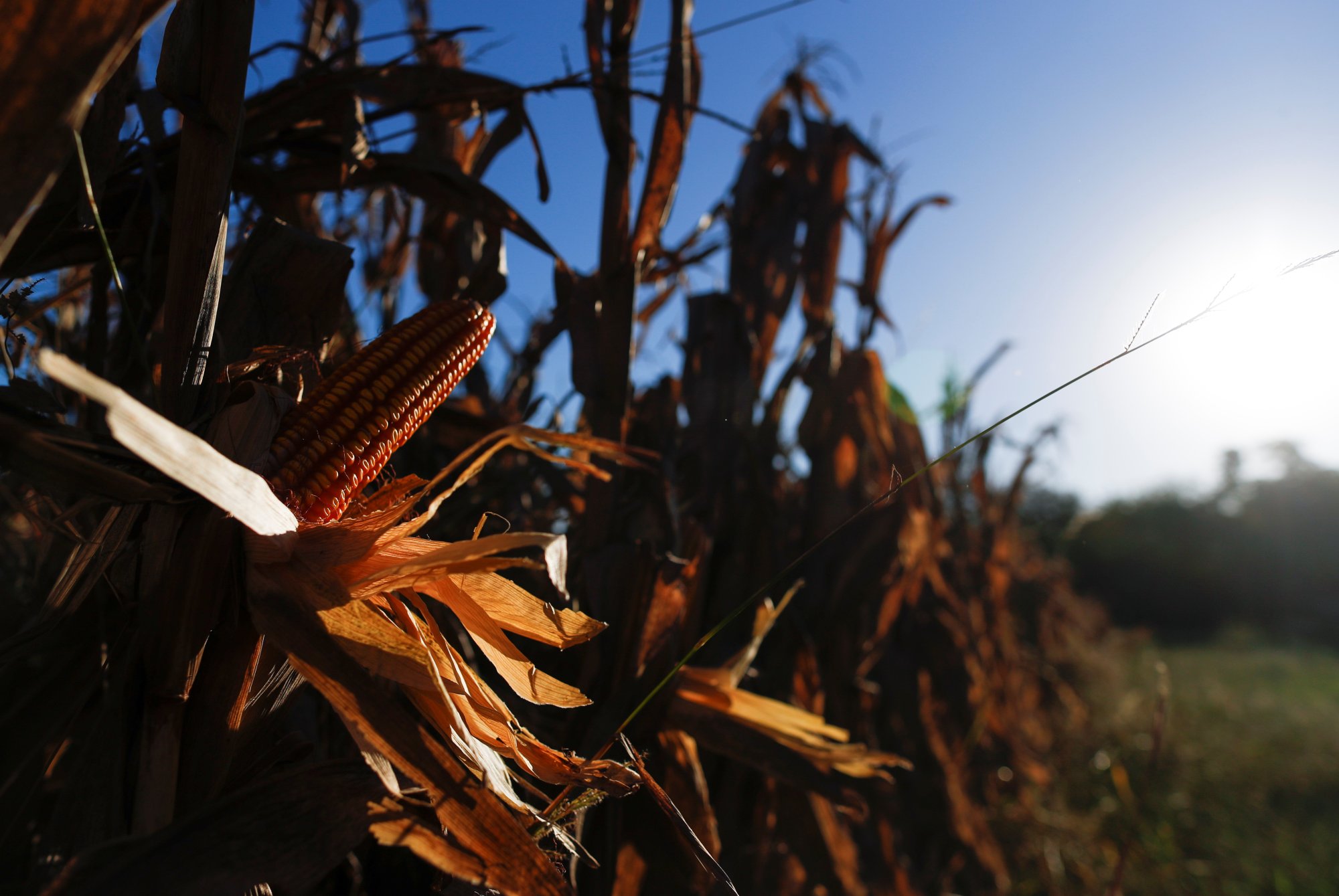China has unveiled a wide-ranging series of tariff reductions and extensions applicable to 143 Argentine agricultural and industrial products in a move that Beijing and Buenos Aires argue will bolster global commerce.
Effective immediately, the Chinese finance ministry’s decision aims to lower prices and spur end-consumer spending, according to Argentina’s ministry of economy.
On Monday the finance ministry in a statement said the decision supported the strategy of “implementing fully, accurately and comprehensively … better coordination of resources in domestic and international markets”.
Reduced tariffs have formed part of Chinese policy since 2016, targeting countries that lack a free-trade agreement with Beijing. As a rule, the policy’s implementation depends on the dynamics of China’s local market and demands.

Among the most significant adjustments affected from Monday is the elimination of tariffs on dry sweetcorn and coriander seeds, from 13 per cent and 15 per cent to now zero per cent, respectively.
Argentina’s dairy industry also got a boost, with reduced tariffs on infant formula and various cheeses.
In fisheries, the country’s key export of frozen shrimp maintained a modest 2 per cent tariff, while tariffs on other seafood items have been lowered. Argentina is one of the world’s top exporters of frozen shrimp.
Beijing’s decision also buoys Buenos Aires’s pivotal agricultural sector, with fruits like cranberries and pecans holding steady at a 7 per cent tariff. The sector accounts for almost a quarter of national GDP, according to the Agricultural Foundation for Development, an Argentine non-profit organisation.
Argentina’s snub may strain China ties but Brics has ‘dodged a bullet’
Argentina’s snub may strain China ties but Brics has ‘dodged a bullet’
In addition, tariffs on oilseeds, including linseed and sunflower seeds, have been cut from 15 per cent to 9 per cent.
The food industry benefited as well, with ongoing tariff reductions maintained on products such as infant formula and dulce de leche.
Meanwhile, tariffs on orange juice have been slashed from 30 to 20 per cent. The policy further extended eased tariffs in the animal feed and pet food sectors, covering products like alfalfa bales and pet food.
And China will continue to offer tariff reductions on wood products. This includes charcoal and wood wool, now tariff-free, and lower rates for certain types of wood used in veneer or plywood production from 2 to zero per cent.
Argentina looks to veteran diplomat to mend ties with China: reports
Argentina looks to veteran diplomat to mend ties with China: reports
Although China routinely renews its tariff reductions, doubts swirled as to whether the trade benefits granted to Buenos Aires would be suspended given recent bilateral tensions.
Argentina’s new president, far-right libertarian Javier Milei, spent much of his fiery election campaign last year vowing to break off ties with Beijing in favour of “the more ‘civilised side’ of the world”.
Milei has also decided to halt negotiations over the purchase of Chinese fighter jets in favour of second-hand American F-16s from Denmark, according to Argentine media reports.

